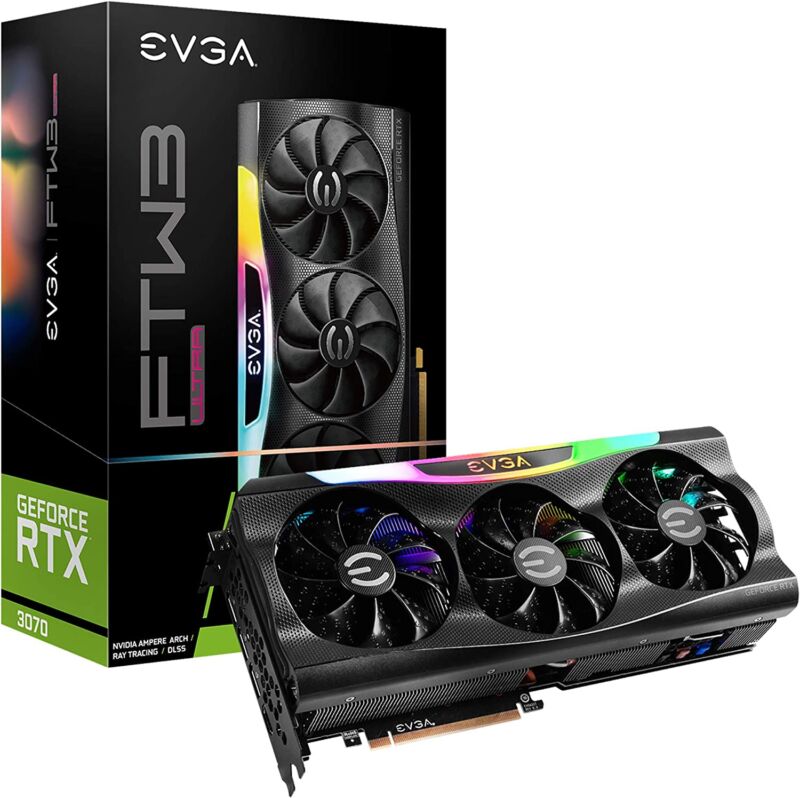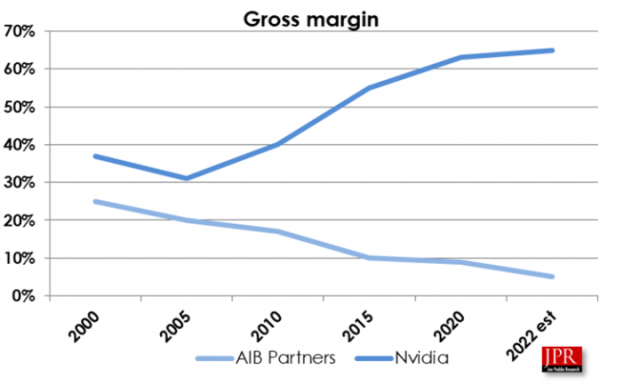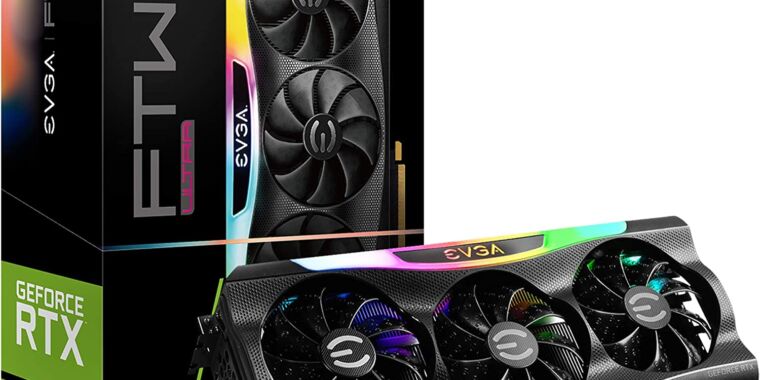End of an era —
EVGA will continue selling current-gen GeForce cards until it runs out of stock.

Graphics card manufacturer eVGA has made a name for itself manufacturing and selling Nvidia’s GeForce GPUs for two decades, including some of the more attractively priced options on the market. But according to the YouTubers at Gamers Nexus, analyst Jon Peddie, and an EVGA forum post, EVGA is officially terminating its relationship with Nvidia and will not be manufacturing cards based on the company’s RTX 4000-series GPUs.
EVGA’s graphics cards have exclusively used Nvidia GPUs since its founding in 1999, and according to Gamers Nexus, GeForce sales represent 80 percent of EVGA’s revenue, making this a momentous and arguably company-endangering change. But EVGA CEO Andrew Han told Gamers Nexus that the decision was about “principle” rather than financials—Han complained about a lack of communication from Nvidia about new products, including information about pricing and availability.
Nvidia’s pricing strategy was apparently another sore point for EVGA. Nvidia’s first-party Founders Edition cards could often undercut the pricing of cards offered by EVGA and other vendors, forcing them to either lower prices or lose sales as a result.
Nvidia may not be entirely at fault here—the wider dynamics of the GPU market are also tough to navigate. As Peddie points out, even as GPU costs have gone up, profit margins for the board partners that manufacture Nvidia GPUs have gone down. Modern high-end GPUs have massively higher power, cooling, and PCI Express signaling requirements than cards from just a few years ago, making them more expensive to design and manufacture, and reporting about the RTX 4000 series indicates that that trend is only going to continue.

Enlarge / Profit margins for Nvidia’s add-in board partners like eVGA have been sinking for a while.
And it probably doesn’t help that the GPU market has been plummeting back to earth this year, after over a year of limited stock and inflated pricing. Sliding cryptocurrency values and the Ethereum cryptocurrency’s move away from GPU mining have both flooded the market with secondhand GPUs, which has in turn affected demand for new GPUs. In Nvidia’s last earnings call, CEO Jensen Huang complained of “excess inventory” of RTX 3000-series GPUs that made it miss its quarterly revenue projections by $1.4 billion.
For Nvidia’s part, its public stance can be summed up as “so long and good luck.”
“We’ve had a great partnership with EVGA over the years and will continue to support them on our current generation of products,” Nvidia spokesperson Bryan Del Rizzo told Tom’s Hardware. “We wish Andrew [Han] and our friends at EVGA all the best.”
The end of the EVGA-Nvidia relationship could hurt Nvidia—Peddie says that EVGA represents about 40 percent of Nvidia’s GPU market share in North America—but in the medium term the company is unlikely to be fazed much. Nvidia has other partners, and despite differences in cooler design and clock speeds, GPUs in the same series tend to perform similarly regardless of which of Nvidia’s partners actually made them. In other words, an RTX 3070 is an RTX 3070, and people who want one are just going to buy one from another company if EVGA’s products aren’t available.
EVGA will continue to sell its other products, including power supplies, though Han told Gamers Nexus that the company doesn’t plan to return to the GPU market at all—not with AMD’s or Intel’s GPUs, and not with future GeForce product generations. Han also said that EVGA would continue to sell cards based on older GeForce GPUs, including the RTX 3000 series, until they run out of stock toward the end of 2022. The company will also keep enough inventory of these cards on-hand to fulfill any warranty repairs or replacements for currently supported cards.
Kyle Orland contributed to this report










